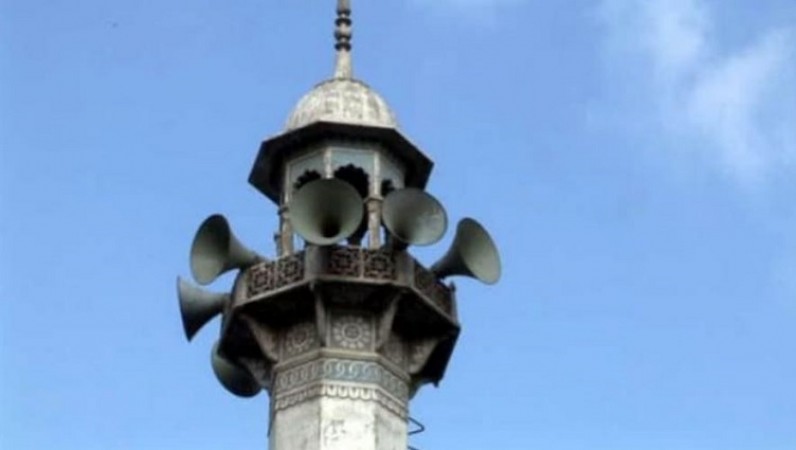
The Gujarat High Court made a significant ruling on Tuesday, rejecting a Public Interest Litigation (PIL) filed by Shaktisinh Zala, a leader from the Bajrang Dal, who sought a ban on the use of loudspeakers for azaan. The court dismissed the plea, labeling it as "completely misguided."
Zala, representing the Bajrang Dal, contended that the use of loudspeakers during azaan contributes to "noise pollution," adversely affecting the health of individuals, especially children, and causing general inconvenience. However, the division bench comprising Chief Justice Sunita Agarwal and Justice Aniruddha P Mayee challenged the petitioner's assertions.
In response, the bench questioned the petitioner, highlighting the noise generated by bells and gongs during 'aarti' rituals at temples and whether these sounds remain confined within the temple premises. Additionally, the bench sought clarification on the grounds for the claim that noise pollution is caused by azaan.
The court emphasized that azaan lasts a maximum of ten minutes at various times throughout the day, refuting the assertion that the human voice projecting azaan through loudspeakers in the morning could reach decibel levels considered harmful. "We fail to understand how a human voice broadcasting azaan through a loudspeaker in the morning could reach decibel levels high enough to create noise pollution and health hazards for the public," the court further stated.
The Gujarat High Court firmly expressed its stance, stating, "We are not inclined to entertain such PILs. This is a matter of faith and has been a practice for years, lasting only 5-10 minutes. In your temples, morning aartis with drums and music also commence early at 3 am. Does this not cause any noise disturbance? Can it be affirmed that the sounds of bells and gongs remain confined within the temple premises?"
Highlighting the lack of scientific foundation in the petitioner's claims, the court pointed out that the PIL failed to present any substantial scientific data demonstrating how a ten-minute azaan contributes to noise pollution.
The court underscored the availability of scientific methods to measure noise pollution but criticized the absence of concrete data in the petition to support the claim that a short azaan creates noise pollution.
Supreme Court Issues Notice to Naidu in Skill Development Scam Case
Supreme Court Rejects DMK Minister's Bail Plea in Money Laundering Case